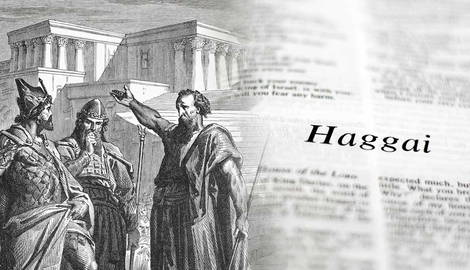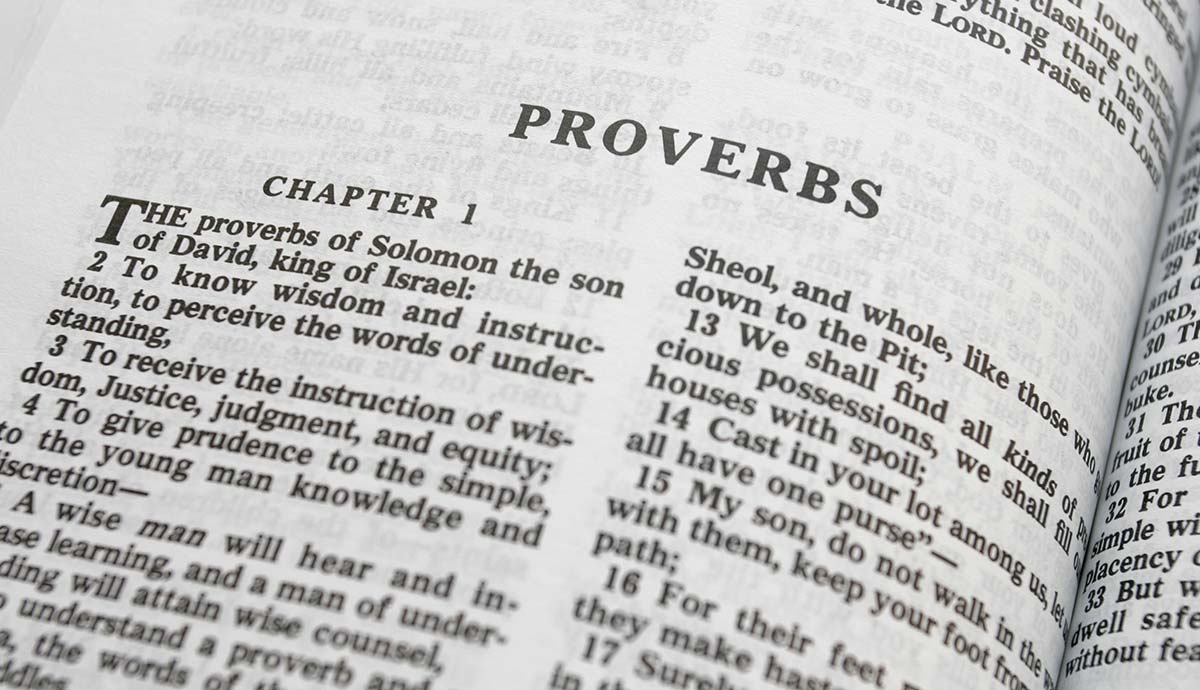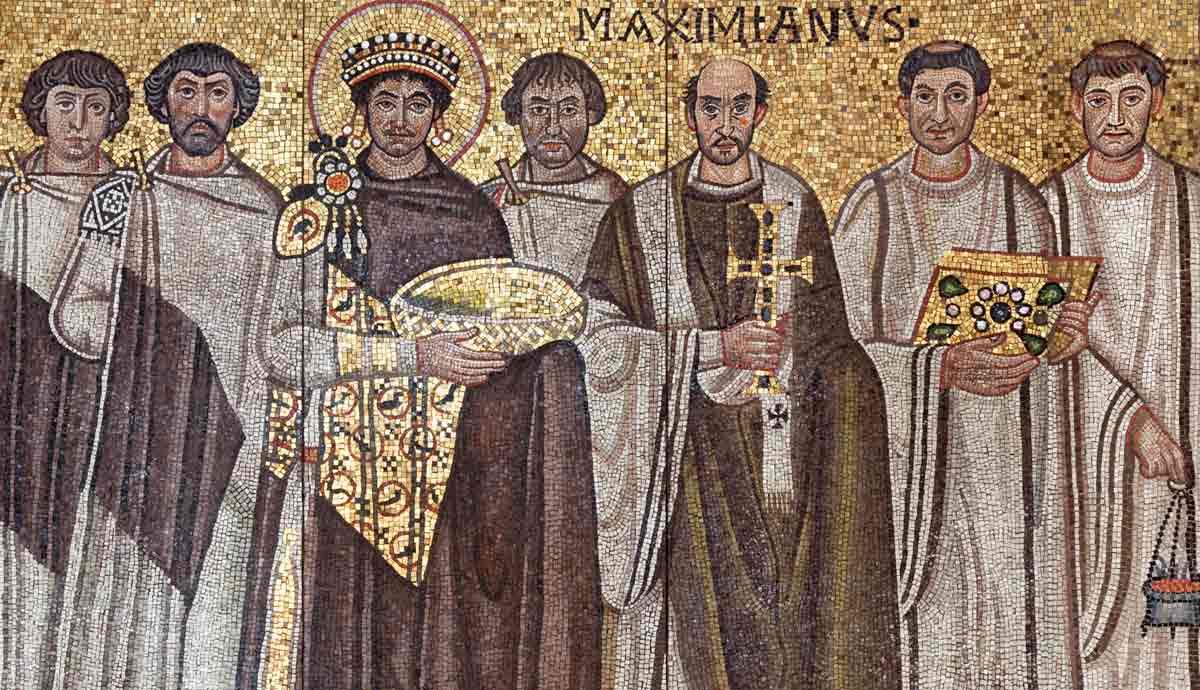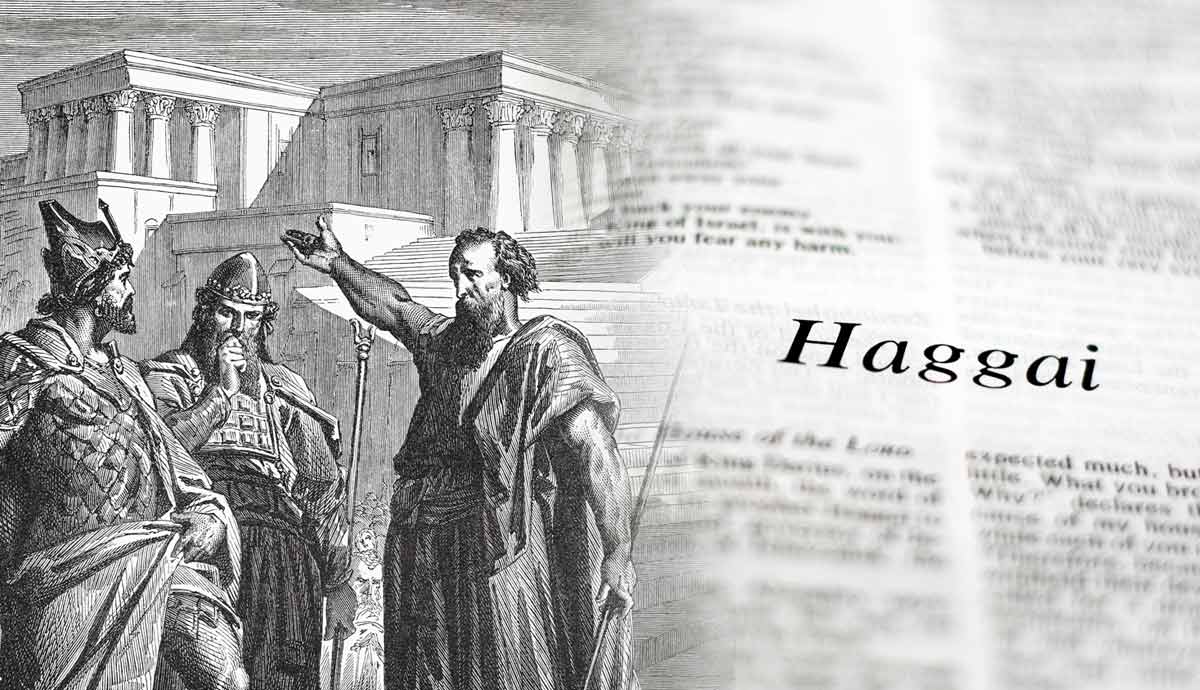
Haggai speaks in a different context to that of the other Minor Prophets listed before him in the canon. They spoke of impending exile due to idolatry and disobedience, while Haggai talked to those who had returned from exile under the new rulers who conquered Babylon. The Jews were allowed to return to Jerusalem and rebuild the city and the Temple if they wished to. Those who did return did not prioritize the Temple once they got to their native land and the neglect had adverse consequences. Haggai addressed the problem and inspired action to work on the reconstruction project.
Book of Haggai: Authorship and Date

Haggai prophesied in the time of Governor Zerubbabel and the high priest Joshua in the second year of Darius’s reign. The date of the content of the book is around 520 BCE, almost 70 years after the exile to Babylon. The book does not specify whether Haggai was a returned exile or one of the people who remained behind in Judah.
The book contains poetry and prose, meaning it was a compilation that tradition attributes to the sole authorship of the prophet Haggai. Scholars believe Haggai’s authorship was complex. They view Haggai as the main contributor but postulate that later editorial additions can be identified.
Historical Context
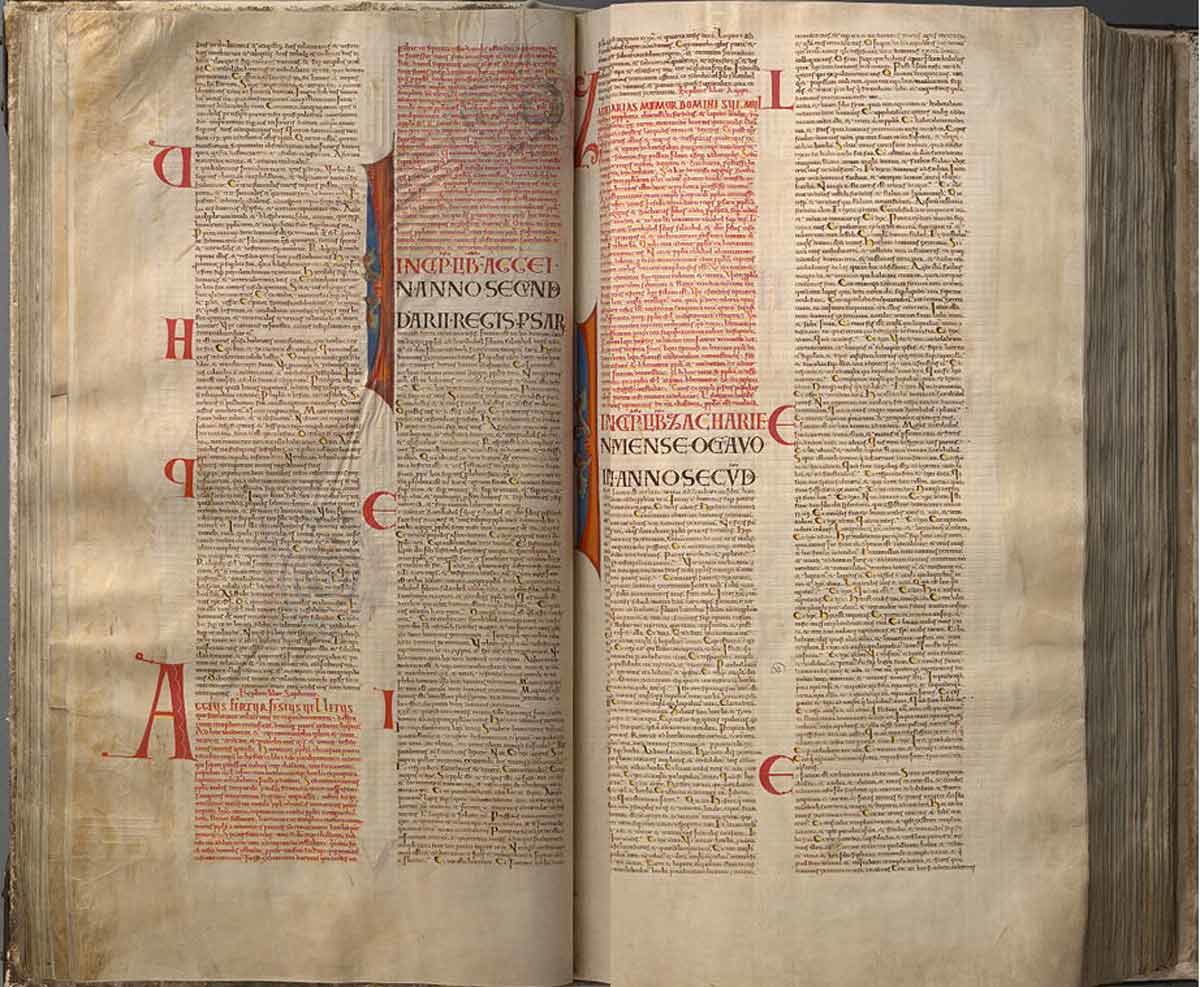
The Babylonians took the people of Judah into exile under King Nebuchadnezzar. Their deportation took place in three waves, first in 605 BCE when the Babylonians defeated the Egyptians at the Battle of Carchemish and Judah became a vassal state. When the Kingdom of Judah rebelled in 597 BCE another wave of exiles were taken. Finally, with the destruction of Jerusalem in 586 BCE, the third and most significant number of people were deported to Babylon when King Zedekiah’s rebellion failed. In the process, the First Temple, also referred to as the Temple of Solomon, was destroyed.
Cyrus the Great, the king of the Achaemenid Persian Empire, conquered Babylon in 538 BCE while the Jews were still exiled. According to the Cyrus Cylinder, held in the British Museum, the takeover occurred with little bloodshed. The event aligns with the account of Belshazzar’s feast in Daniel 5.
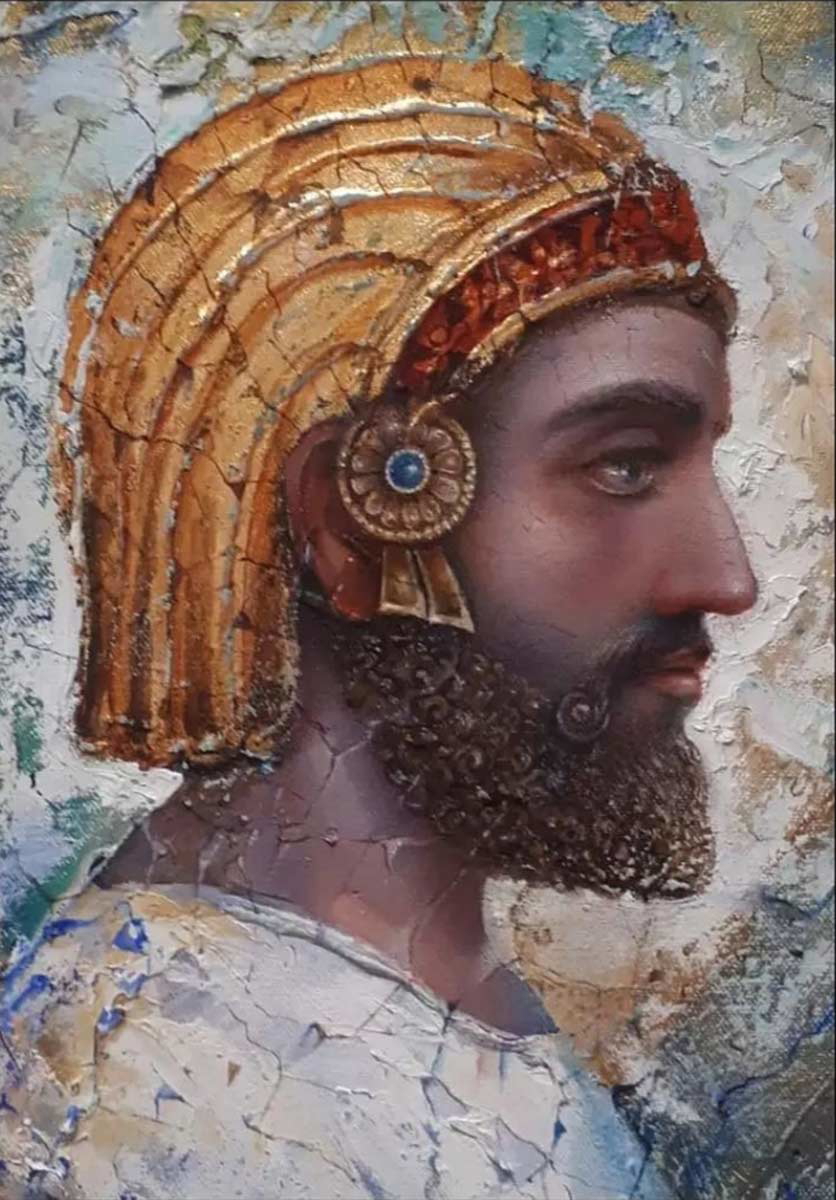
The Persians, however, had a much different approach to dealing with captives from other parts of the world. They allowed them to return of their own volition and rebuild what had been lost. Those Jews who wished to return to their native land could return to Judah and rebuild Jerusalem and the Temple complex that the Babylonians destroyed.
The appointed governor was Zerubbabel, and the high priest was Joshua. On their return, the city lay in ruins, and everything had to be rebuilt. Not everyone who lived in Judah liked the idea that the city and Temple would be rebuilt. To some extent, the Persian Government also played a role in the delay of construction work for about 15 years. Even those who returned from exile prioritized rebuilding their own residences and neglected to work on rebuilding the Temple.
Haggai addressed the returned exiles and questioned their priorities to get them to start on the reconstruction work that was necessary. He reminded them that it was precisely the neglect of spiritual matters that caused Judah to go into exile in the first place. It must have been surprising to Haggai that, considering the history of Israel and Judah, the returned exiles were still reluctant to fully commit to God and do his bidding.
Structure
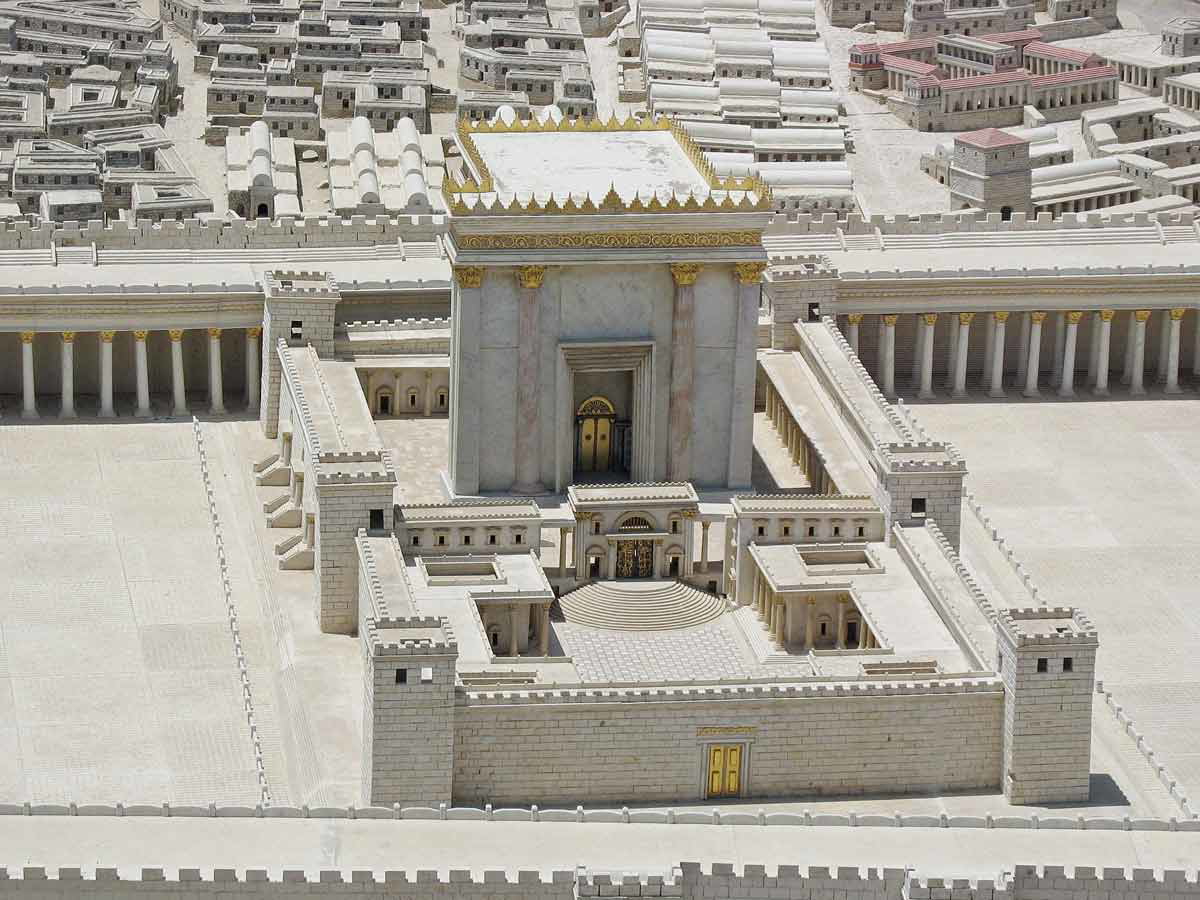
Call to Rebuild the Temple (Haggai 1:1-15)
Haggai called out the returned exiles for their neglect of the reconstruction of the Temple. Their excuses for not working on the project were unjustified and they suffered as a result. Because they did not build the Temple, they had become poor.
Vision and hope for the glory of the Rebuilt Temple (Haggai 2:1-9)
Haggai inspired those who returned from exile by stating that the Temple they would build would be more glorious than the former. It provided hope for a prosperous future that could rise from the rubble.
Call to Faithfulness and promise of blessing (Haggai 2:10-19)
The prophet proclaimed that the defiled people would be purified and blessed. He explained that their poor harvests were the result of disobedience, but blessings would come when they rebuilt the Temple.
End time judgment and promise to Zerubbabel (Haggai 2:20-23)
The judgment of the nations may reflect the end time when all nations that rejected God will be called to account. Finally, God promised Zerubbabel that he would be a signet ring to God.
Main Themes
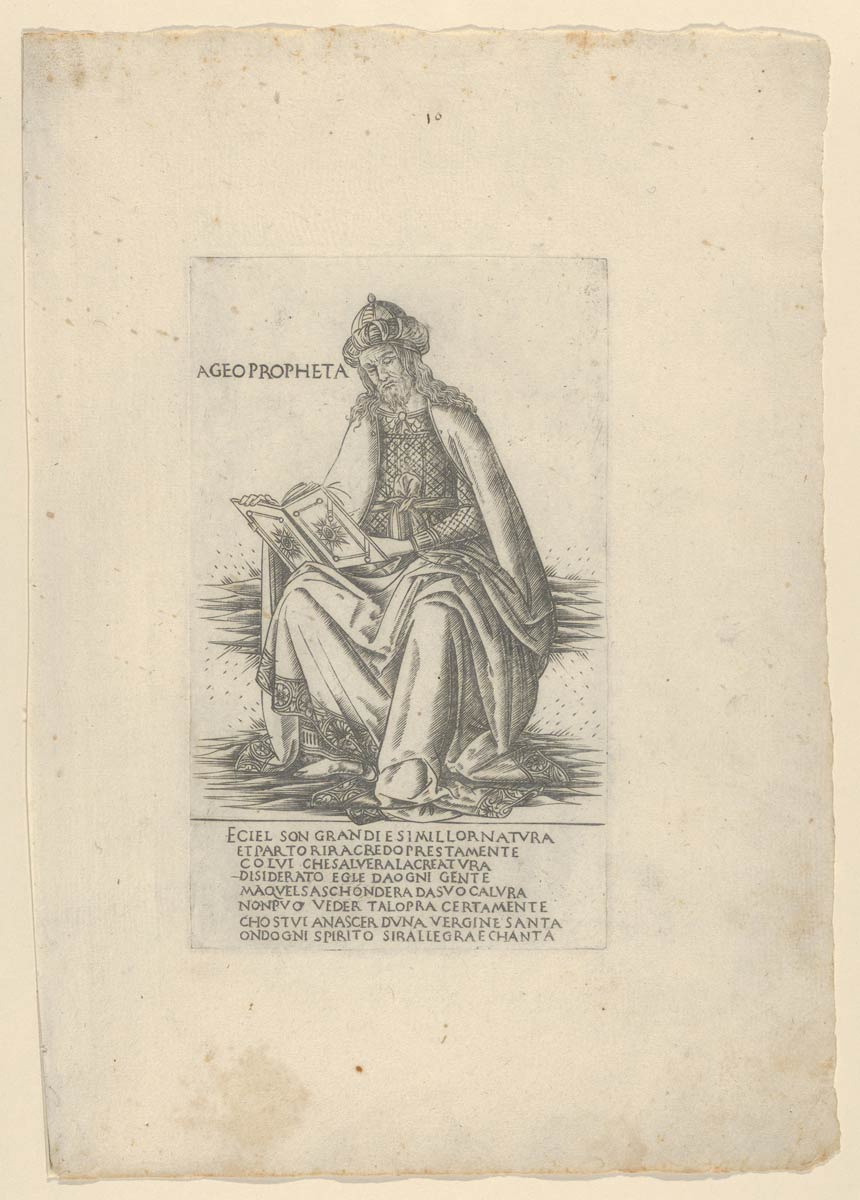
Obedience and disobedience
The Book of Haggai contains passages that show the result of obedience and disobedience. These consequences can be compared to show the reader the benefit of the former over the latter.
Hope in difficult times
Haggai speaks to people who had come out of traumatic circumstances yet expected them to work hard and endure in the face of opposition. The way he presented the vision of the future inspired them to act even when times were tough.
Key Passages
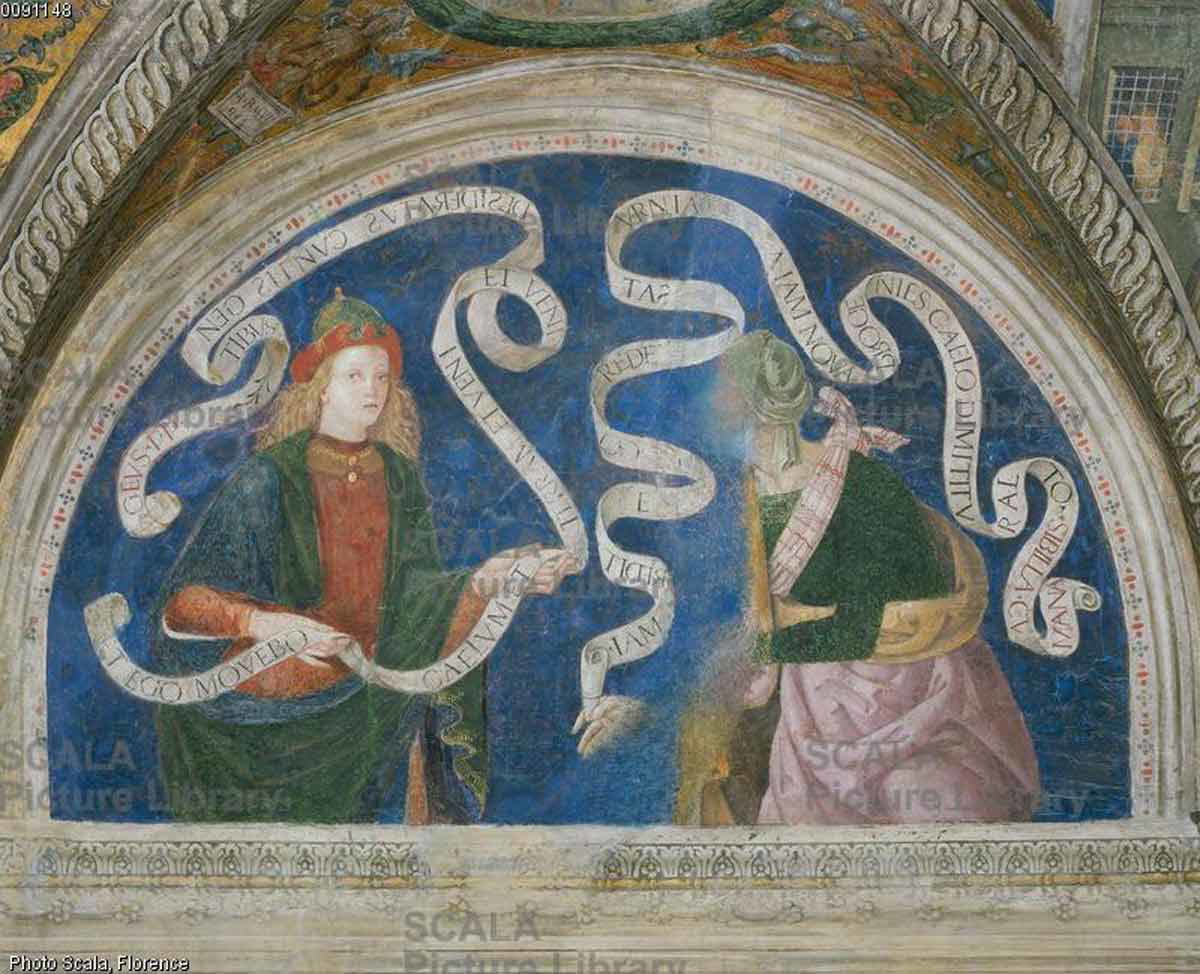
Haggai 1:1
“In the second year of Darius the king, in the sixth month, on the first day of the month, the word of the LORD came by the hand of Haggai the prophet to Zerubbabel the son of Shealtiel, governor of Judah, and to Joshua the son of Jehozadak, the high priest… ”
The opening verse of the Book of Haggai makes dating the events of the book easy. He provides a remarkable amount of detail which contributes to the reliability of the content.
Haggai 1:4-6
“Is it a time for you yourselves to dwell in your paneled houses, while this house lies in ruins? Now, therefore, thus says the LORD of hosts: Consider your ways. You have sown much and harvested little. You eat, but you never have enough; you drink, but you never have your fill. You clothe yourselves, but no one is warm. And he who earns wages does so to put them into a bag with holes.”
Haggai’s words spoke to the heart of the matter. The priorities of the people were not what they should have been. Their lifestyles did not provide evidence of their commitment to God.
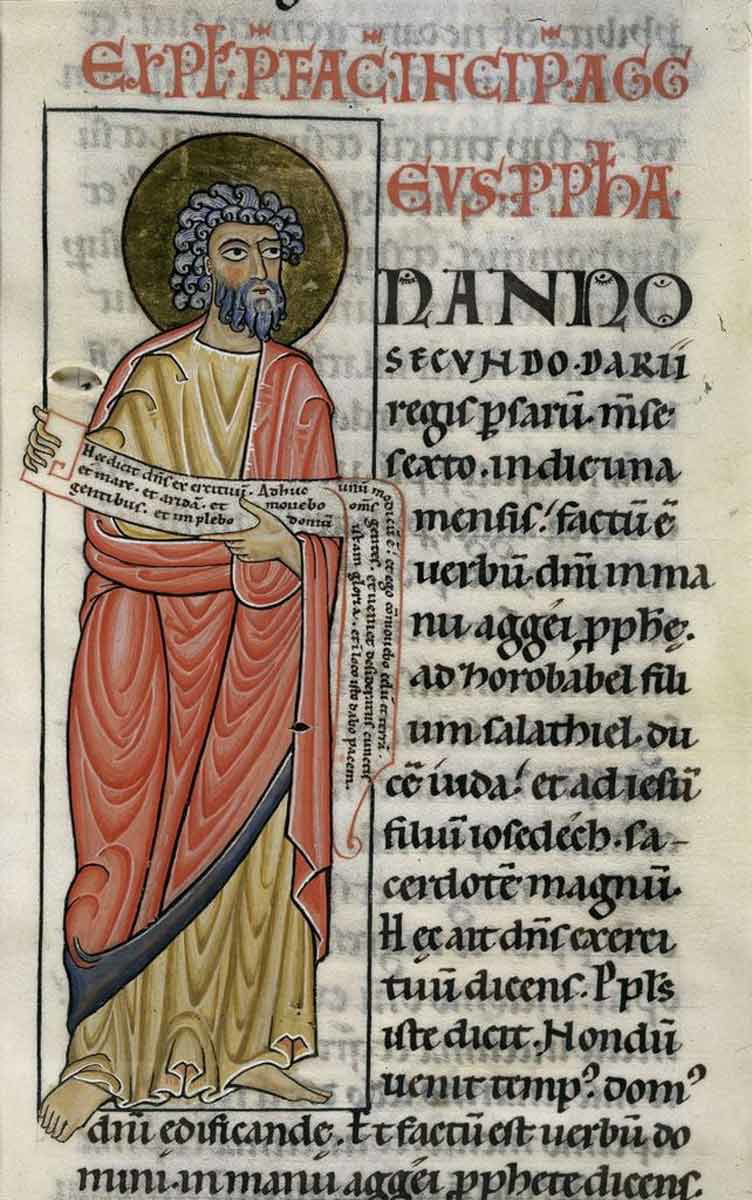
Haggai 1:7-8
“Thus says the LORD of hosts: Consider your ways. Go up to the hills and bring wood and build the house, that I may take pleasure in it and that I may be glorified, says the LORD.”
Unlike Solomon’s Temple where materials were shipped in from abroad, the returned exiles had to source the material for the Second Temple themselves. It required hard work and dedication in difficult circumstances to gather what was required but showed commitment and faithfulness in a practical way.
Haggai 1:14-15
“And the LORD stirred up the spirit of Zerubbabel the son of Shealtiel, governor of Judah, and the spirit of Joshua the son of Jehozadak, the high priest, and the spirit of all the remnant of the people. And they came and worked on the house of the LORD of hosts, their God, on the twenty-fourth day of the month, in the sixth month, in the second year of Darius the king.”
The spirits of Zerubbabel and Joshua were stirred up in part due to Haggai’s ministry to them. The Book of Haggai has a much more definitively individual focus on significant leaders than the other Minor Prophets.
Haggai 2:9
“The latter glory of this house shall be greater than the former, says the LORD of hosts. And in this place I will give peace, declares the LORD of hosts.”
The Second Temple never had the physical opulence of the first, yet Haggai said it would be greater. For Christians, it was, in the sense that Jesus, the Messiah, visited the Temple on several occasions.
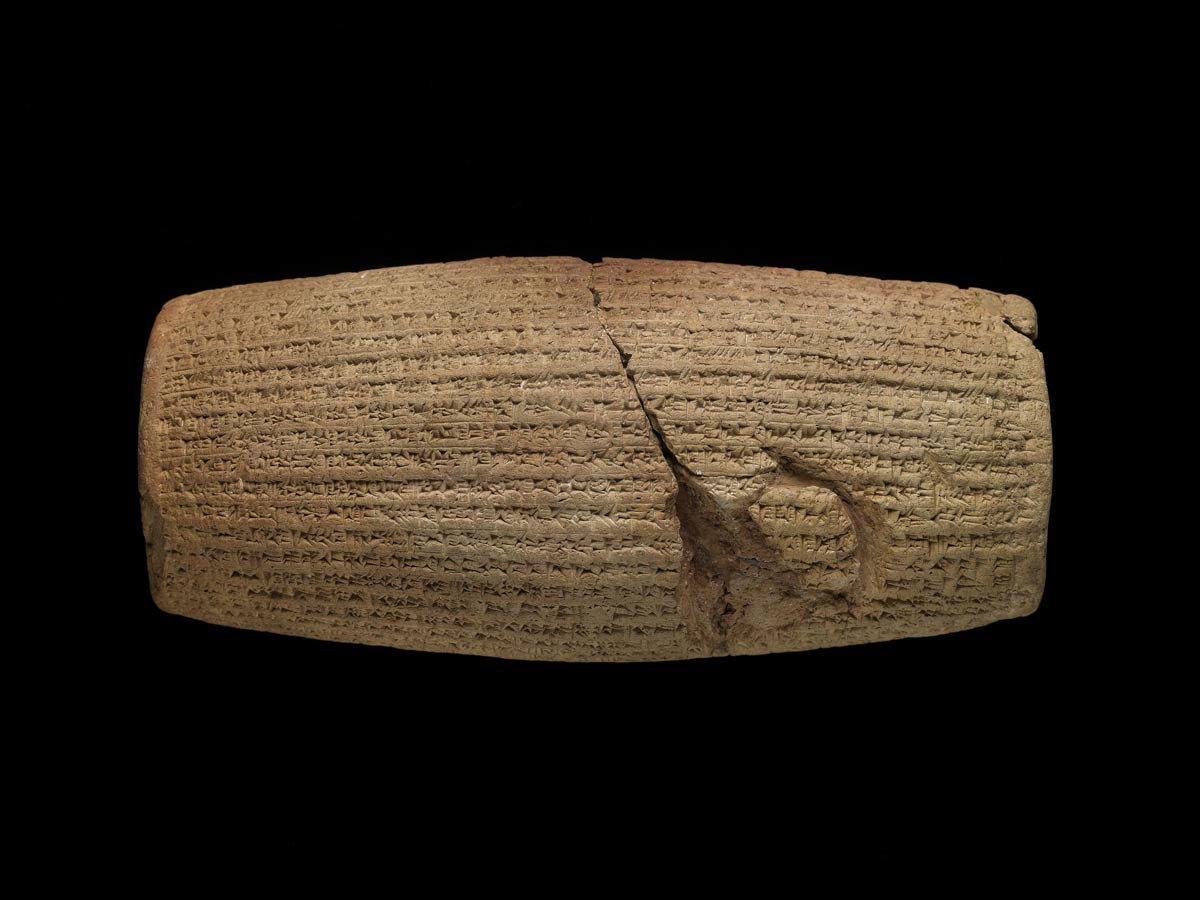
Haggai 2:18
“Consider from this day onward, from the twenty-fourth day of the ninth month. Since the day that the foundation of the LORD’s temple was laid, consider: Is the seed yet in the barn? Indeed, the vine, the fig tree, the pomegranate, and the olive tree have yielded nothing. But from this day on I will bless you.”
God called on the returned exiles to mark the day of the laying of the foundation of the Temple because from then on their blessings would start.
Haggai 2:23
“On that day, declares the LORD of hosts, I will take you, O Zerubbabel my servant, the son of Shealtiel, declares the LORD, and make you like a signet ring, for I have chosen you, declares the LORD of hosts.”
In antiquity, a signet ring was a personal seal that authenticated important documents and decrees. It was a sign of authority and legitimacy. Zerubbabel, who was of the royal lineage of David, also appears in the lineages of Joseph and Mary, the symbolic father and physical mother of Jesus.
Book of Haggai: Contemporary Relevance
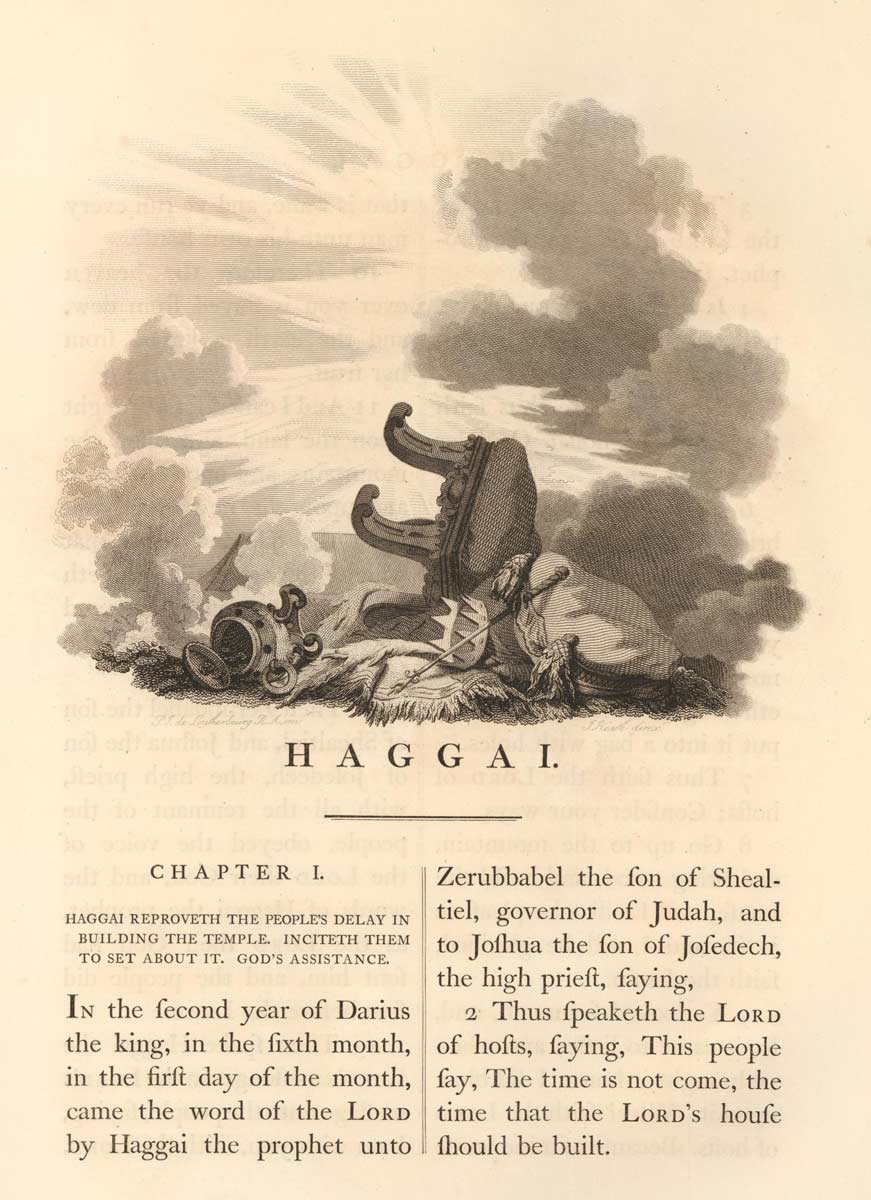
There are many lessons the contemporary Christian can learn from Haggai. Arguably the most significant is the importance of prioritizing God above personal comfort and ambitions. Though circumstances today are different to that of the 6th century BCE, one could argue that contemporary believers have even more distractions drawing them away from God. Yet the promise of blessings that follow when setting worldly endeavors aside is as valid as it was back then.
